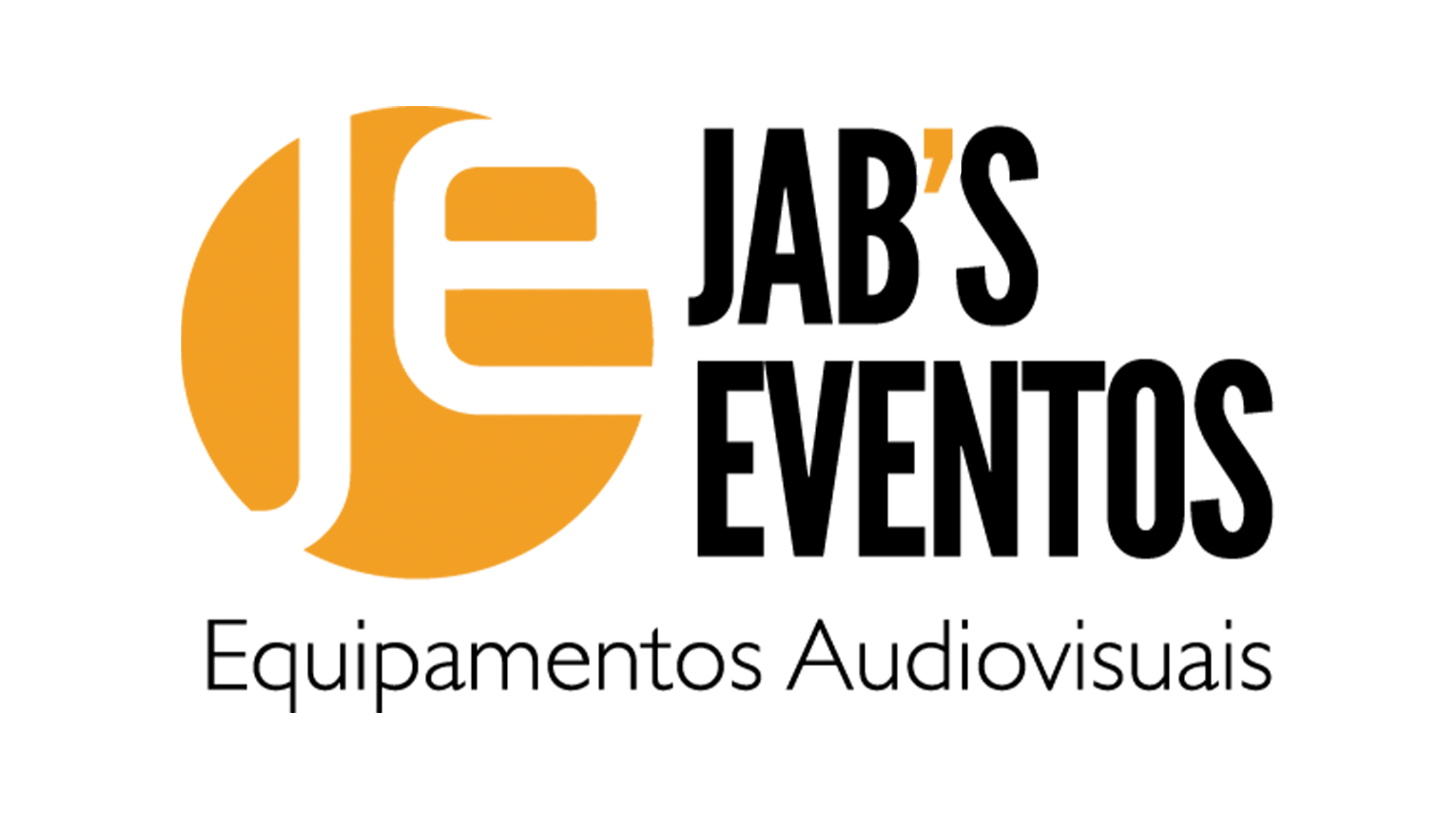Decentralized Finance (DeFi) projects have gained significant traction in recent years, offering users the Stable Index Profit opportunity to participate in financial services without the need for traditional intermediaries. One key aspect of DeFi projects is their governance processes, which determine how decisions are made within the protocol. Transparency in governance processes is crucial for ensuring the integrity and trustworthiness of DeFi projects. In this article, we will explore the importance of transparency in governance processes, evaluate the current state of transparency in DeFi projects, and discuss potential ways to improve transparency moving forward.
Transparency in governance processes is essential for ensuring that decisions are made in a fair and accountable manner. In traditional financial systems, decision-making processes are often opaque, with a small group of individuals making decisions without input from the wider community. This lack of transparency can lead to abuses of power and conflicts of interest. In contrast, DeFi projects aim to empower users by giving them a say in how the protocol is governed.
One of the key ways that DeFi projects achieve transparency in governance is through on-chain voting mechanisms. These mechanisms allow token holders to vote on proposals that impact the protocol, such as changes to the code or the allocation of funds. By recording votes on the blockchain, DeFi projects can ensure that the voting process is transparent and tamper-proof. However, simply having on-chain voting mechanisms is not enough to guarantee transparency. It is essential that the voting process is open to all token holders, with clear rules and procedures in place to prevent manipulation.
In addition to on-chain voting mechanisms, transparency in governance processes also requires access to relevant information. This includes information about the governance structure of the project, the roles and responsibilities of key decision-makers, and the criteria used to evaluate proposals. DeFi projects should also be transparent about how decisions are made, including the factors that are taken into account and the rationale behind each decision. By providing this information, DeFi projects can build trust with their users and demonstrate their commitment to transparency.
Despite the importance of transparency in governance processes, many DeFi projects still have room for improvement. A recent study found that only a small fraction of DeFi projects provide comprehensive information about their governance processes, with many projects failing to disclose key details such as the composition of the governing body or the decision-making criteria. This lack of transparency can erode trust among users and hinder the long-term success of the project.
One potential way to improve transparency in governance processes is through the use of decentralized autonomous organizations (DAOs). DAOs are organizations that are governed by code, rather than by a central authority. By using DAOs, DeFi projects can automate decision-making processes and ensure that decisions are made in a transparent and accountable manner. DAOs can also empower users by giving them a direct say in how the protocol is governed, without the need for intermediaries.
Another way to improve transparency in governance processes is through the use of decentralized oracles. Decentralized oracles are third-party services that provide external data to smart contracts, allowing DeFi projects to access real-world information in a secure and reliable manner. By using decentralized oracles, DeFi projects can ensure that the information used in governance processes is accurate and verifiable, enhancing transparency and reducing the risk of manipulation.
In conclusion, transparency in governance processes is essential for the success of DeFi projects. By providing access to relevant information and using transparent decision-making mechanisms, DeFi projects can build trust with their users and create a more inclusive and democratic governance system. Moving forward, DeFi projects should prioritize transparency in their governance processes and explore innovative ways to enhance transparency, such as the use of DAOs and decentralized oracles. By doing so, DeFi projects can strengthen their governance structures and ensure the long-term viability of the ecosystem.


No responses yet